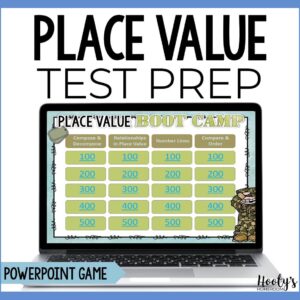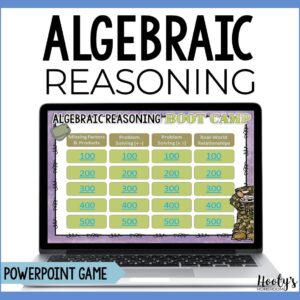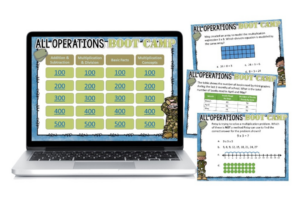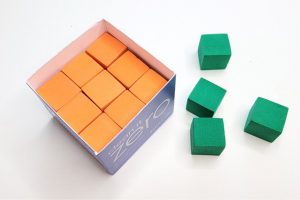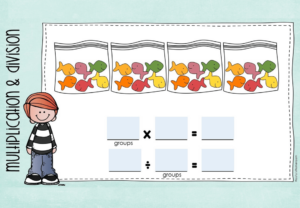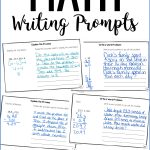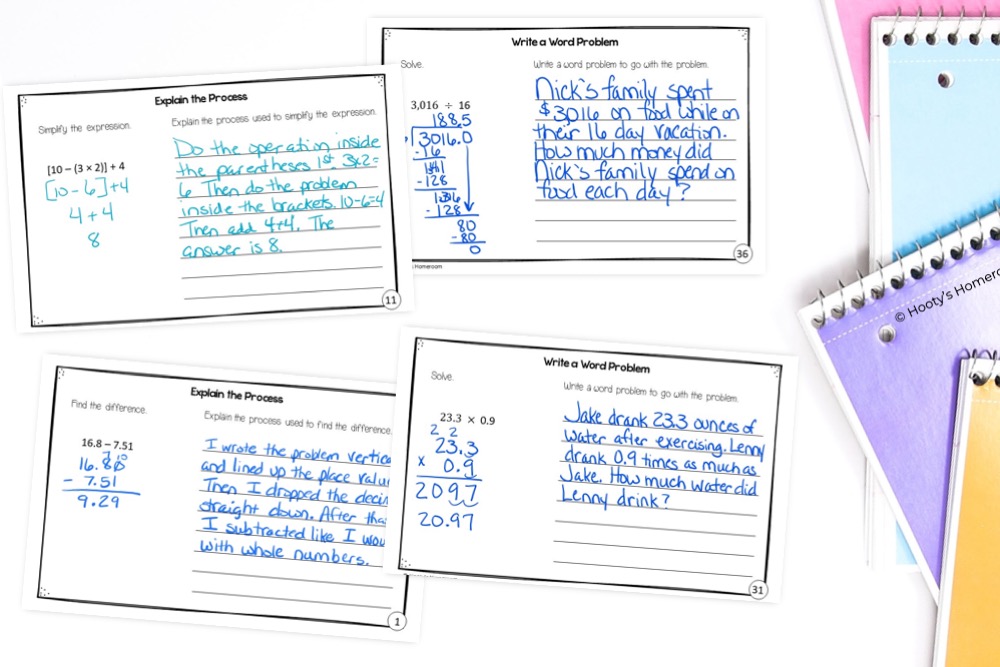
If you’re looking for an effective way to boost your students’ mathematical understanding, try math writing prompts. Far from a recent fad, writing about math has long been recognized as a valuable teaching strategy. Whether you’re new to this approach or looking to refresh your existing practices, math writing prompts offer endless possibilities for exploration and growth.
Math Writing Prompts: A Beneficial Tool
Writing in math class is not a novelty but a foundational component in many successful math classrooms. By incorporating math writing prompts into your curriculum, you continue a rich tradition of engaging students in thoughtful reflection, helping them communicate and internalize mathematical concepts in a profound way. Incorporating writing prompts into your routine offers endless math exploration and growth possibilities.
3 Reasons Why Math Writing Prompts Work
1. Enhancing Comprehension Through Writing
Understanding Deepening
Math writing prompts guide students in expressing their thought processes and solutions. This encourages them to analyze what they’ve learned and why a particular method works, deepening their overall understanding of the material.
Connection Building
By translating mathematical concepts into words, students are better able to connect different parts of a problem and see how they interrelate. This understanding of connections often leads to improved retention and application of mathematical concepts.
Personal Reflection
Writing prompts allow students to reflect on their mathematical journey, acknowledging their successes and areas needing further exploration. This reflective practice reinforces learning and builds confidence.
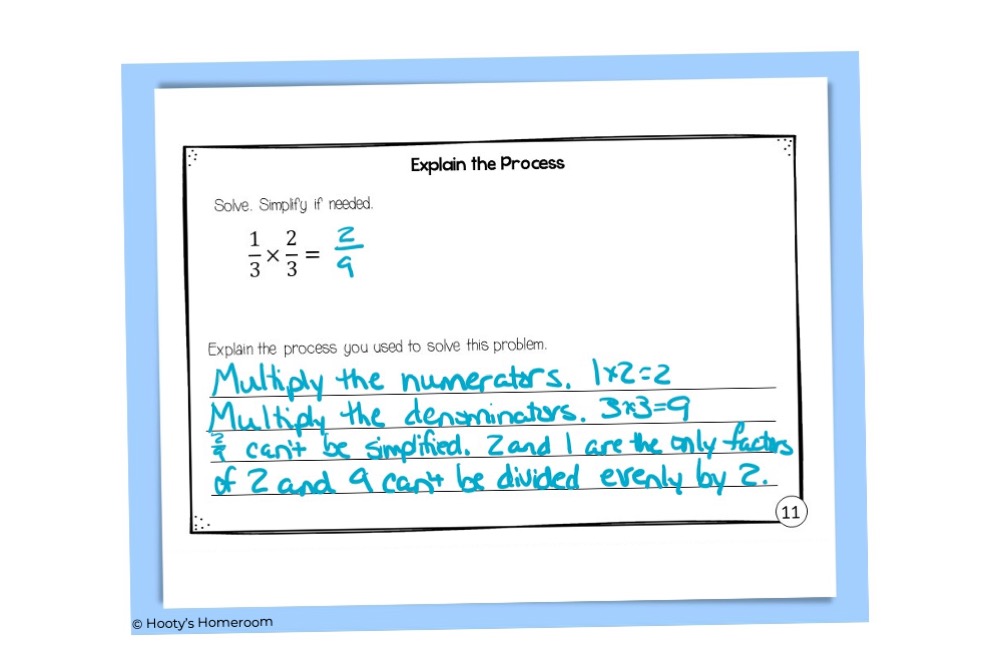
2. Boosting Analytical Skills by writing about math
Problem Decomposition
Math writing prompts encourage students to break down complex problems into more manageable parts. By writing about each step, students can scrutinize their approach, recognize patterns, and develop strategies for future problems.
Critical Thinking Encouragement
Writing about math encourages critical thinking by requiring students to justify their methods and conclusions. This reflective thinking fosters a deeper understanding of why specific strategies work and how to apply them effectively.
Creative Exploration
Math writing prompts can inspire students to approach problems from different angles and find multiple solutions. This creative exploration nurtures flexibility in thinking and an appreciation for the multifaceted nature of mathematics.
.
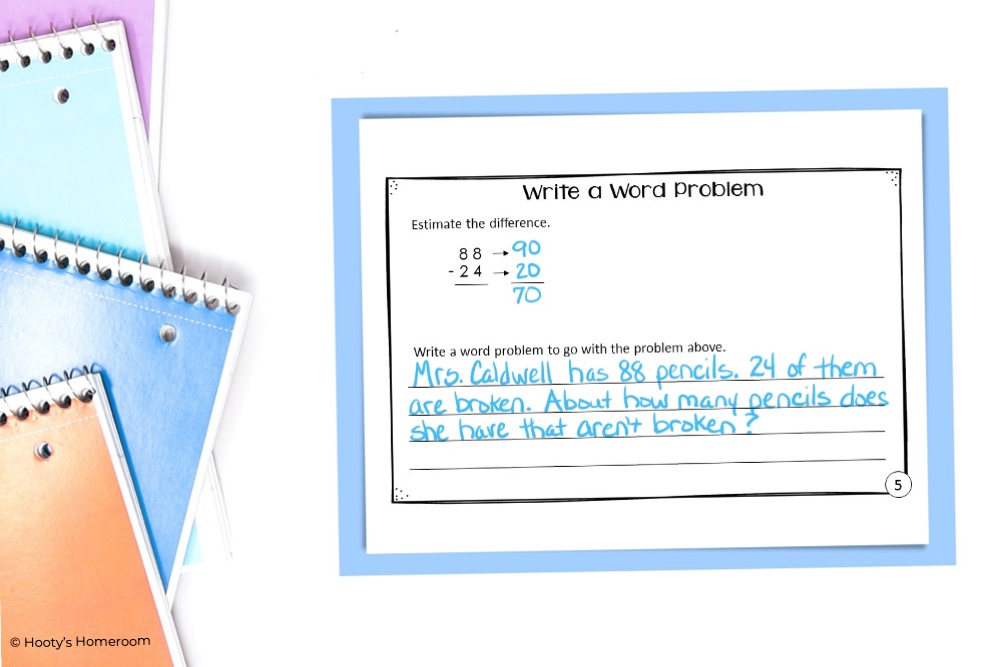
3. Building Communication Through Math Writing Prompts
Language Development
Math writing prompts help students develop a mathematical vocabulary. Students learn to communicate more precisely by consistently articulating their thoughts in writing and verbal discussion.
Collaboration Enhancement
Writing about math fosters a shared language and understanding within the classroom. Students can more effectively collaborate, discuss their ideas, and learn from each other, creating a more engaged and cooperative learning environment.
Empowering Expression
Math writing prompts empower students to express their mathematical thinking in a personal and meaningful way. This personalized connection with math not only aids in understanding but also helps to foster a positive attitude towards the subject.
By utilizing math writing prompts, teachers can tap into these powerful benefits, creating an environment where students not only learn mathematical concepts but deeply understand and appreciate them. It’s a method rooted in practical application and personal growth that continues to prove its value in classrooms around the world.
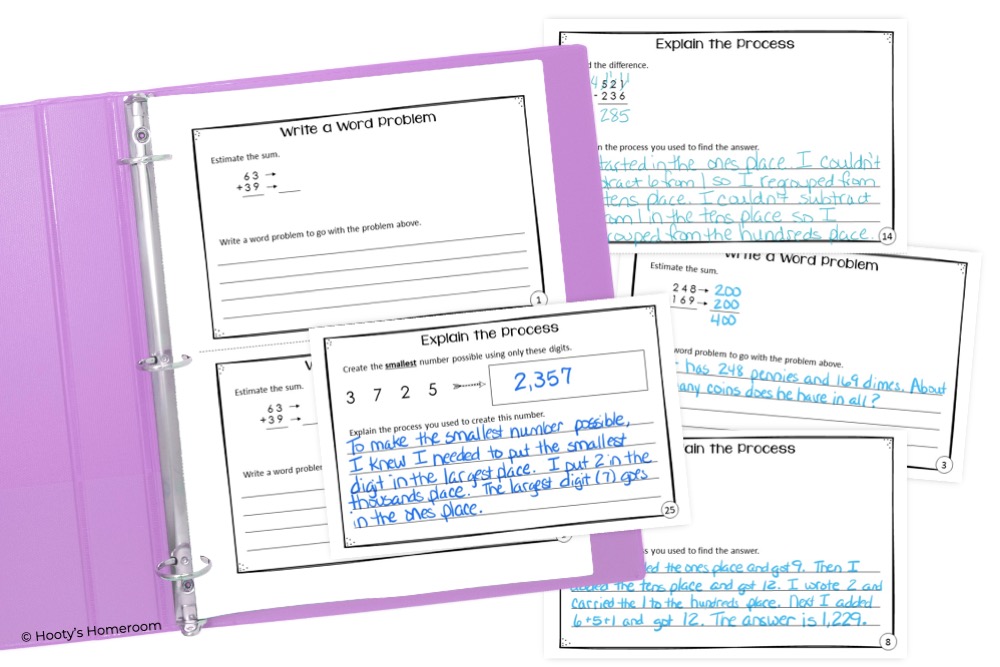
Practical Ideas for Implementing Writing Into Math Class
Think writing about math will be time-consuming? Think again! Think getting students to write will be challenging? It’s easier than you imagine – check out these writing about math tips. Implementing math writing prompts can be seamlessly integrated into various parts of your daily teaching routine. Here’s how to make math prompts work for you:
- Writing Prompts as Warm-Ups
Kickstart your students’ mathematical thinking by incorporating math writing prompts into your daily warm-ups. These prompts can stimulate critical thinking and set a thoughtful tone for the lesson ahead. It’s also a great way of reflecting on a previously taught skill before building on it in the day’s lesson. - Writing About Math in Stations
Writing prompts can become a regular feature in math stations. Providing various prompts targeting different skills and concepts allows you to create dynamic learning stations encouraging students to explore math in depth while spiraling important skills. - Use as Exit Tickets
Utilize math writing prompts as exit tickets at the end of your lessons. Students can quickly write about what they’ve learned or a lingering question they may have. This practice provides you with valuable insights into their understanding and helps students solidify key concepts. Quickly checking through student responses will help you identify and address misconceptions. - Incorporate Math Journals
Let students maintain journals where they respond to math writing prompts regularly. This ongoing practice fosters a personal connection with math and can serve as a wonderful tool for tracking growth. - Grab Some Ready-made Math Prompts
If you’re short on time, consider grabbing a math writing prompt bundle that’s already packed with engaging and thought-provoking prompts tailored to different mathematical areas.
The Simple Power of Math Prompts
Math writing prompts are a straightforward and effective tool for any math classroom. They help students really “get” what they’re learning by letting them write about it. From warming up their brains at the start of class to letting them reflect on what they’ve learned at the end, math writing prompts can be used in so many helpful ways. The benefits? A deeper understanding of math, better problem-solving skills, and a classroom that talks about math in a whole new way. So why not give math writing prompts a try? Your students might just surprise you with how much they grow!








